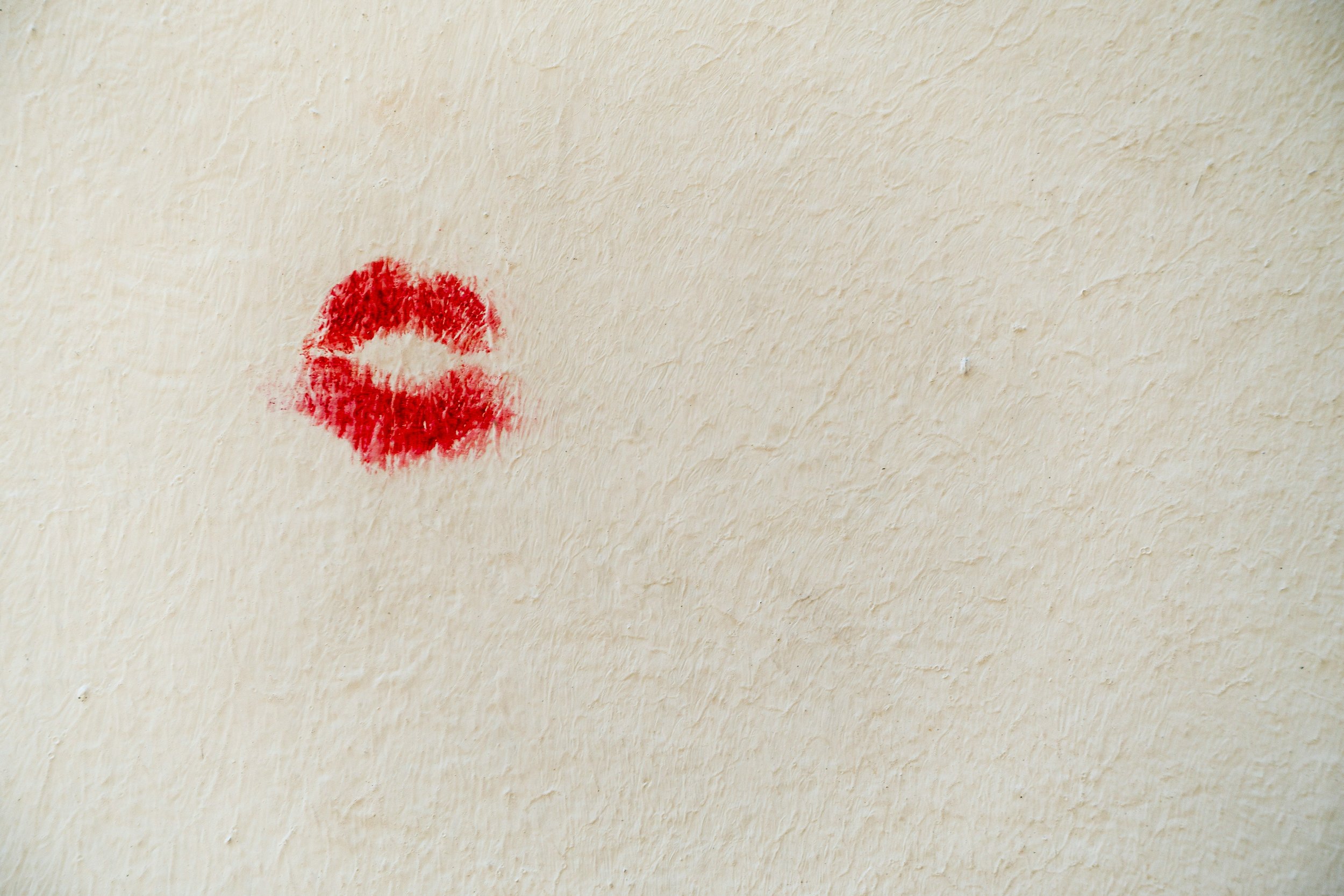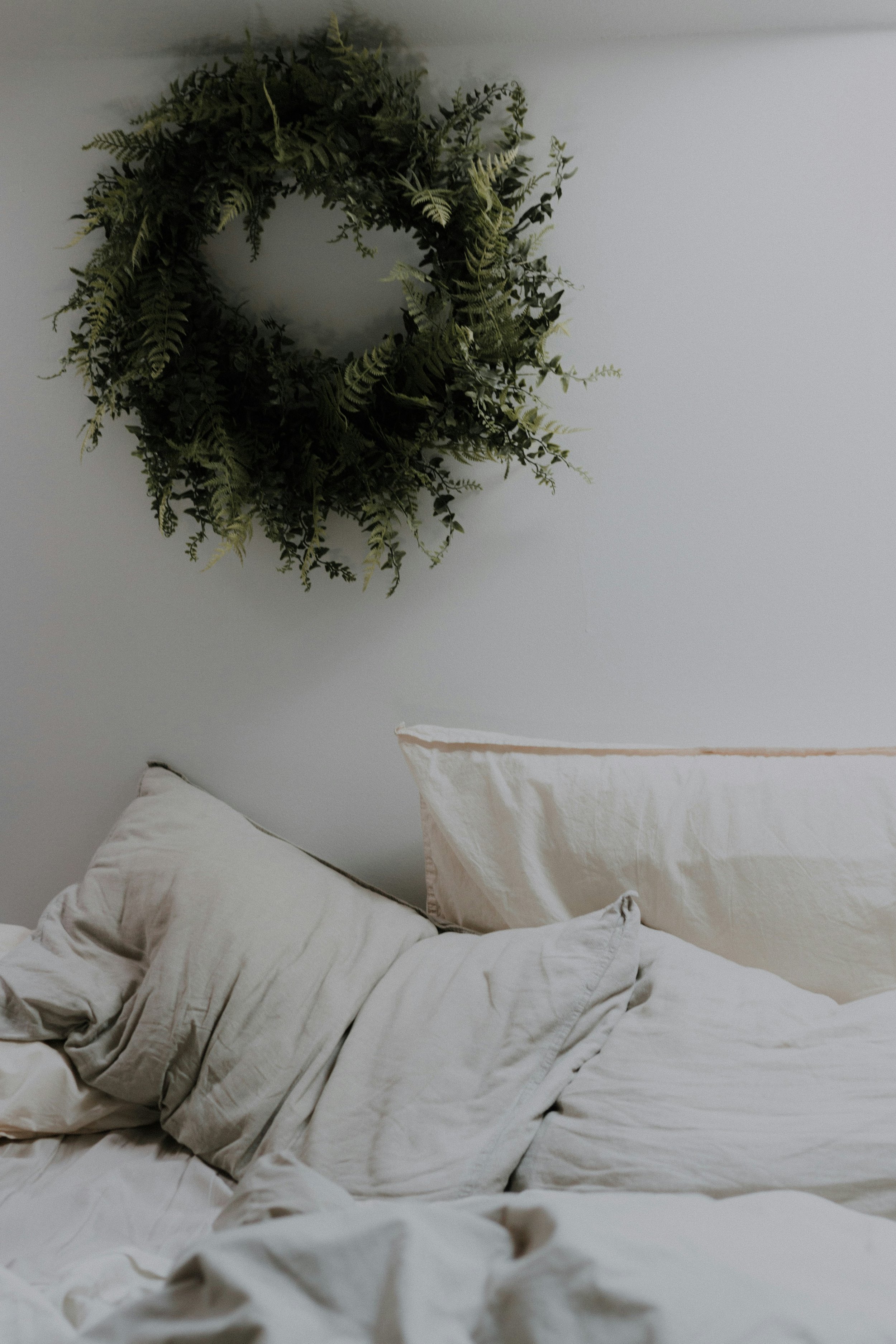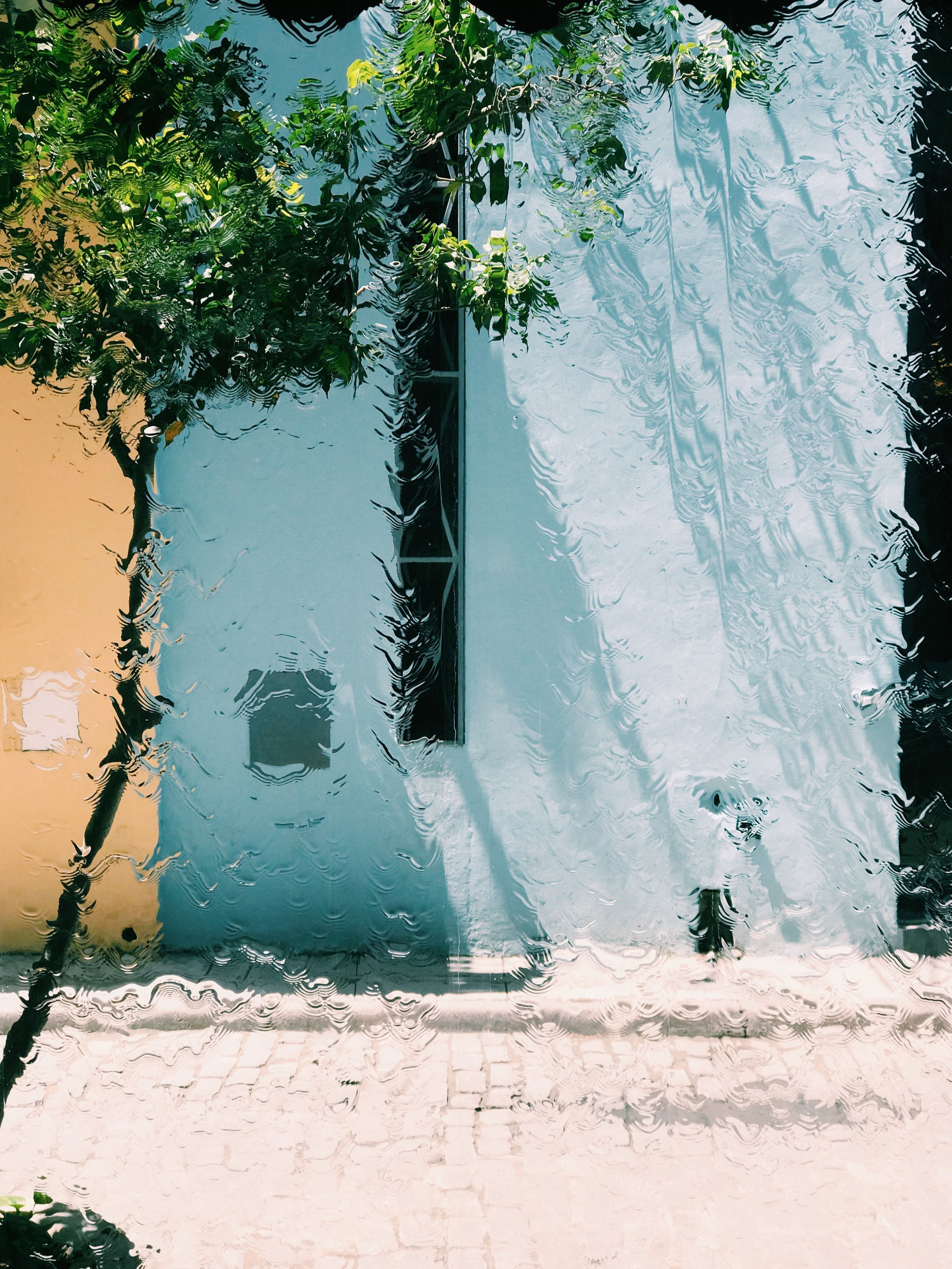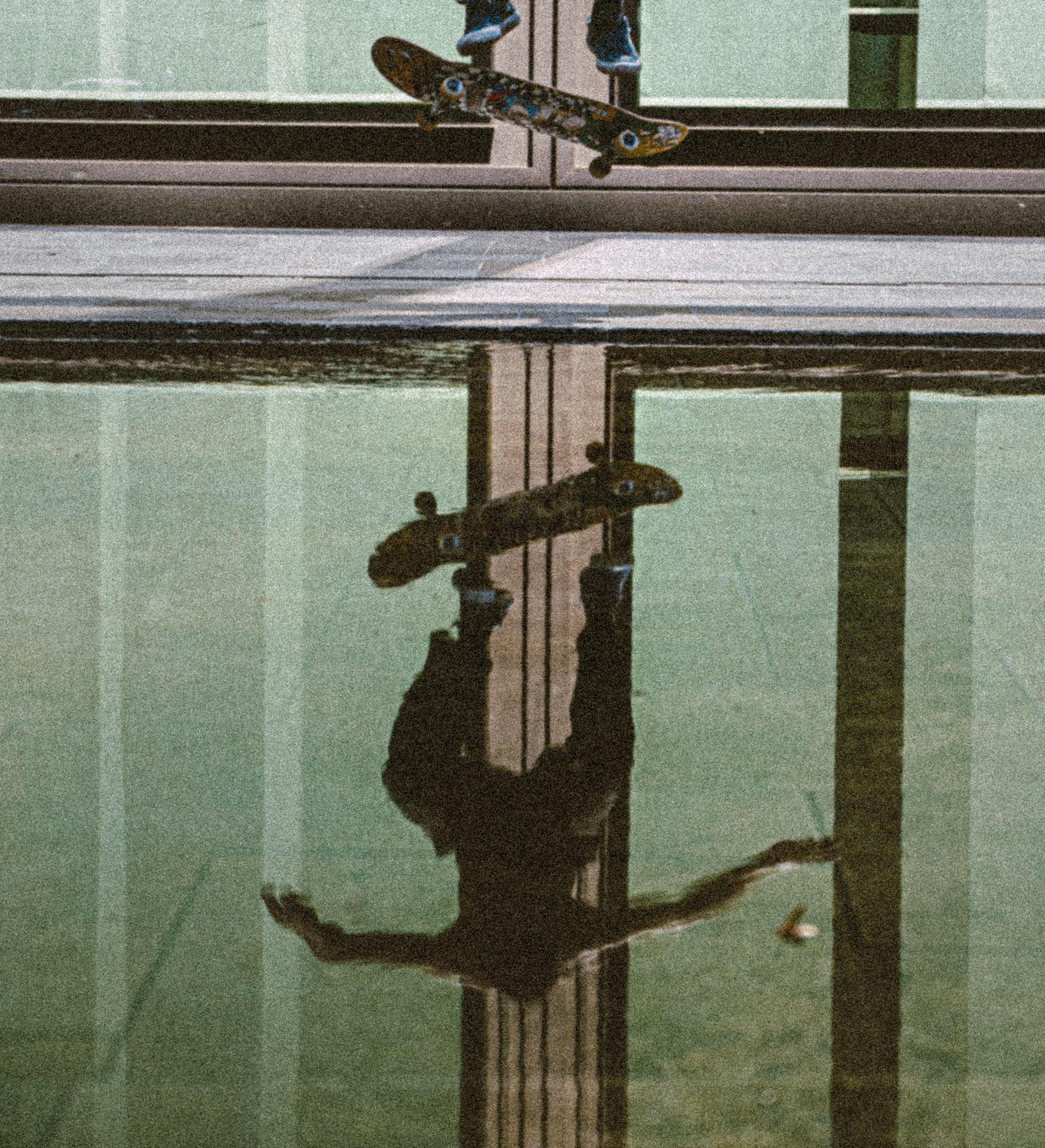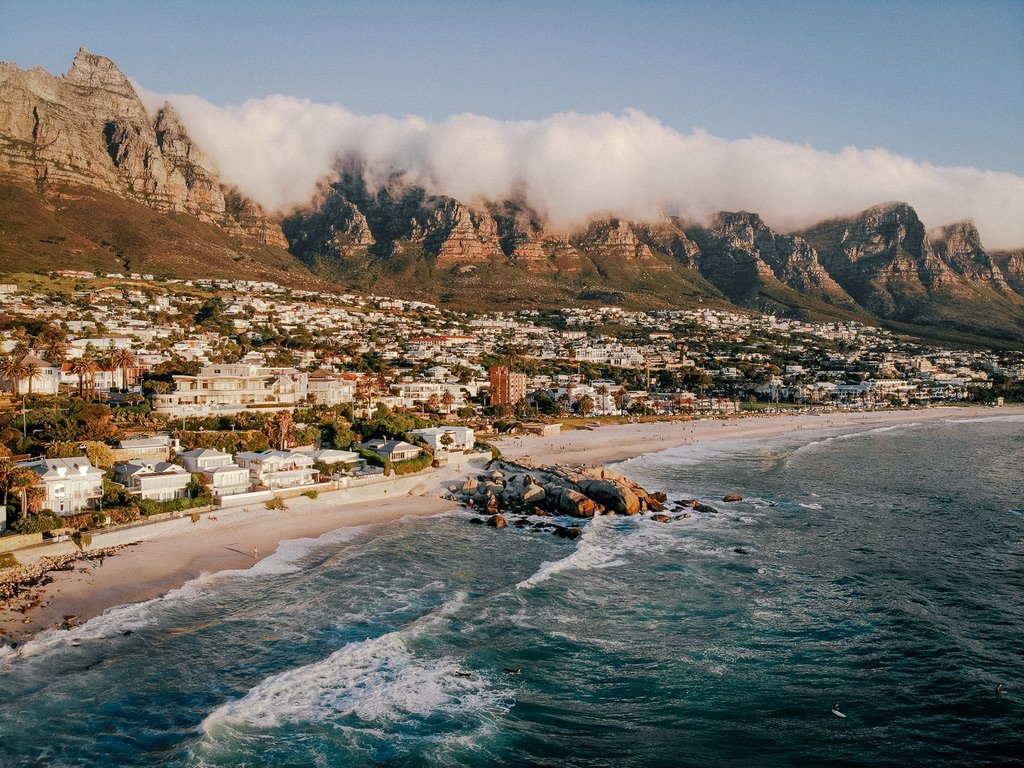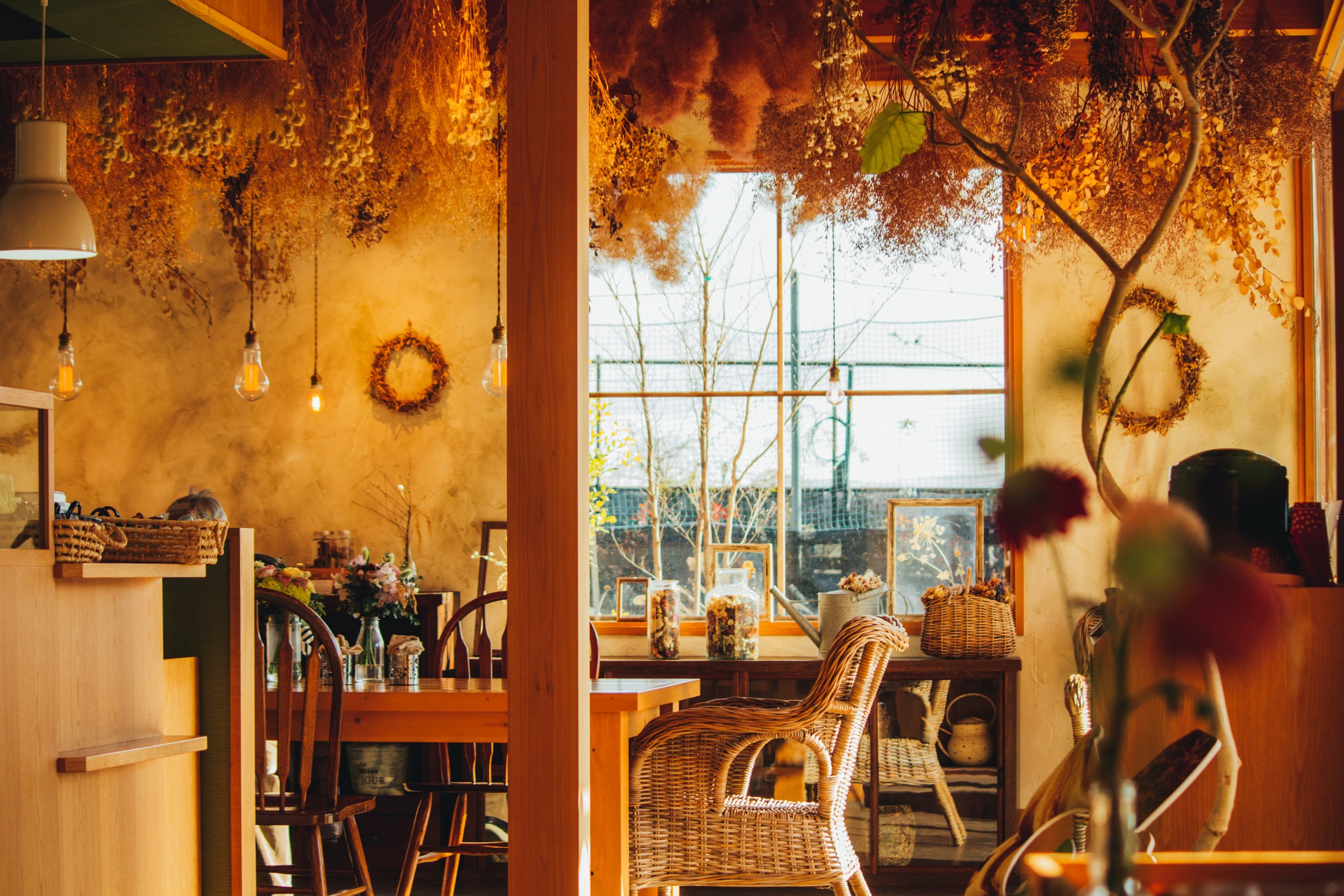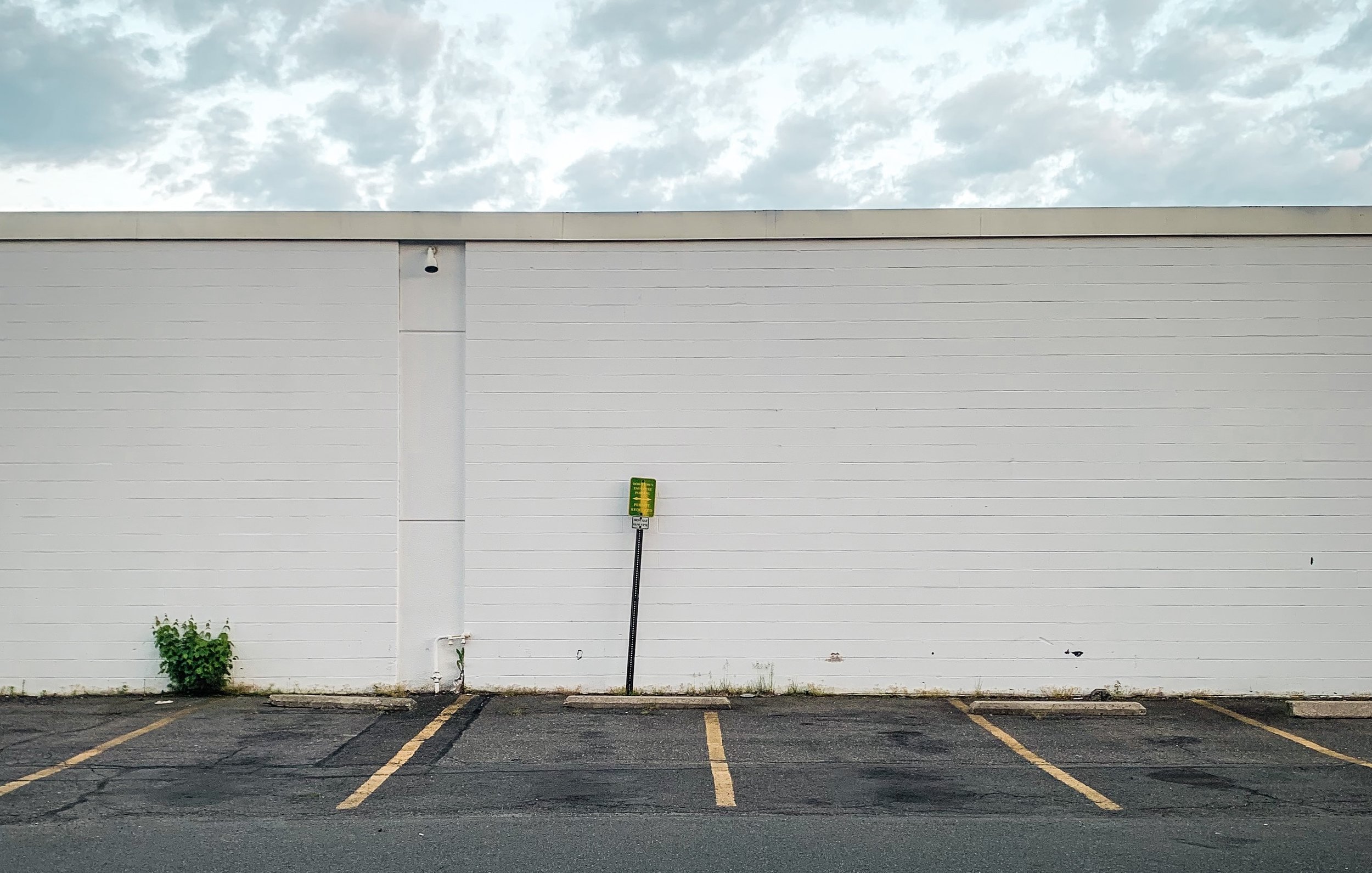To the Kid on the Cruise Ship

The sun burned your pale skin. The whites of your eyes were tinted pink from chlorine, your tongue blue from the slushie machine. There was a mole under your collarbone that sat like a decoration. The ocean rocked us as the cover band played, somewhere between Honolulu and my father’s favorite island, Kauai. He was newly dead. A year and a half after his burial, we were going to the place he loved most, the furthest he had ever traveled from our home in Iowa. You were a long way from Mississippi, but you didn’t talk about home. All of us were on a ship, trying to forget something about life on land.
At 4 p.m. every day, the main deck pool transformed into a wave pool. Someone flipped a switch, a whistle was blown, and all the adults left for the bar. Children wore towels in saint-like fashion over their shivering heads, and watched as teenagers splashed in the turbulence. You and my brother flailed as the water stretched past its limits of the pool’s edges. Something about the way you moved through the water made me wonder if you had parents waiting for you on plastic lounge chairs or if you were always alone. When I asked him who you were, my brother shrugged, “Just a kid I met in the pool.”
You were thirteen, my brother was fourteen, and I was sixteen. Years are worlds apart when they end in “teen.” You were thinking about Pokémon and I was counting calories. I’d started wearing bikinis and texting boys after my father died. Once I established some rules, being thin felt like a religion. I ate fresh fruit instead of cake. A single trip to the morning buffet, never two. Water with lemon at every viable moment. Kate Moss’s “Nothing tastes as good as skinny feels” wallpapered my iPod. I cut everything in half, promising myself half was for later, feeling a hot rush when I threw it out. If I felt hungry enough, I forgot I was sad. It wasn’t grief. It was something scratchier in the pit of my stomach, seeping past the sadness, laying hold of my bones.
We were in the Pacific Ocean, half-way through a week-long cruise, close to the island of Oahu. There was no service at sea. I tucked my phone in the bottom of my duffle bag and wondered if he was thinking about me. I was thinking about him, a boy a year older with a policeman for a father, pale hair spiked to the point of iridescence. Everyone agreed he was going to ask me to prom. I never looked at his braces for too long. A month before the cruise, we drove to get tacos before a basketball game. “You’re the kind of woman I want to marry,” he said in the parking lot. My pulse raced. Christian radio played in the background. His face reddened as he shrugged, crossed his arms, and sighed. “I mean it.” This letter is not to him.
Lifeboats bobbed peacefully from the side of the ship. You sat beside us, bursting into laughter, falling into sun-soaked silence. When I was with you, I forgot our family had a missing piece. The deck of the cruise was a universe without adults. We drank virgin piña coladas, and I didn’t add them towards the day’s total calories. We talked about how those summer songs that you hate at first become the soundtrack to your life and before you know it, it’s winter and you miss them. We speculated about the lives of other passengers—the couple in black turtlenecks had to be spies. No one mentioned death.
You, me, and my brother would flag the server circling the pool for more of whatever was in front of us. Grief made me and my brother hungry. More plates of fruit. More fries. You didn’t ask about our father, and it felt good to be something other than fatherless. “Where’s your family?” someone finally asked. I wondered about your crowded quarters, what you ordered from room service, if your towels came folded as swans, too. You smiled and pointed to the key attached to your cruise-issued ID around your neck as though it meant something close enough.
After dinner, we found you sliding the shuffleboard discs with your hands across the deck. We leaned against the port into the dark forwardness of the ocean. “I’m scared of those fish with lights on their heads,” I yelled over the waves. You and my brother nodded. Who wouldn’t be afraid of the bottomless regions of life we barreled through. I remember the way the stars felt inches from our shoulders.
You never went on excursions. “Excursions cost money,” you said, simply. We left you in the lobby where the carpet was swirled in blue and yellow. Our family rode in a glass bottom submarine that was underwhelming and made us quiet. We took a bus to black sand beaches where we learned volcanoes formed the island. Coming back to the ship, we would find you. I started skipping the gym for afternoons with you and my brother. I promised myself I would eat less later, to make up for the distraction. But then we’d barrel into our room, back with our mom and sister, and share an ice cream sundae four ways. The dreams I had those nights on the ship—whether it was you, the sugar, the tossing of the vessel—were softer than they’d been for years. My stomach relaxed over my pajama shorts. When I awoke, I left my curling iron in my bag. I pulled my hair back in a ponytail, like I always used to do as a child. I started lingering by the crêpe station at the breakfast buffet. Before I could regret anything, there you were in your orange swim trunk, barefoot in a carpeted hall.
“It felt unsettling to hear you speak of your family. In my mind, there was a pact we’d made to pretend we were children who didn’t belong to anyone.”
Running with you and my brother down the halls, I shed the stoicism I’d adopted since my father’s death. Colors felt brighter. I felt delighted by the oddities of the ship we explored. We peeked into the empty showtunes nightclub. We slid into the 50s-themed diner serving steak and eggs 24/7. Someone in the auditorium was presenting on timeshares. The giant chess set was toppled as if in frustration. You made a joke and the three of us laughed so hard I forgot to flex my stomach or keep my mouth closed. The laughter floated, suspended from the seriousness I tried so hard to cultivate. There was a documentary showing in the movie theater. We snuck into the back row, where both of you fell asleep.
That night, you ate soft-serve ice cream from the side of the hot tub. Figures passed as shadows while the ship skidded across the stars reflected in the ocean. You dunked your head under the surface, and came up panting. “I always do that when my parents are fighting,” you said. It felt unsettling to hear you speak of your family. In my mind, there was a pact we’d made to pretend we were children who didn't belong to anyone. The ice cream cone ran down the teal edge, mixing with the water.
While we were sleeping, the captain steered us gently back towards the Big Island. The sun over the water reflected against the sprawled suitcases and empty plates stacked in our cabin. Awake in my bunk that final morning, I realized I hadn’t been to the gym at all since the first two days. At our last breakfast, I tried to stomach a plate of fruit, but filled a warm plate with pastries instead. I drank hot chocolate that burnt my tongue and added extra whipped cream. It felt like the last time I could respond to my hunger with childlike obedience.
Two days later, back on land, I would cut my long hair. There would be hours on the elliptical in the basement, watching the neon numbers climb higher. I would microwave Lean Cuisine meals, recording the calories on my iPad. I would play basketball until it no longer made me feel close to my father. I would visit a counselor who asked me to draw my feelings. I would ride a horse in a ring with other troubled children. Some nights after my shift at a home loan call center, I would park my white hatchback at my father’s grave and scream.
For one last time, we rolled our suitcases through the halls. We hurried past the diner, through the pool deck. There you were, taking a final swim. The three of us stood around the pool, sunburnt, quiet, unsure. “See you soon,” you said. We waved. You bobbed your head underwater for a second before bursting up for air. We never saw you again. The gangway stretched from the ship to a warehouse, where a driver waited to take us to the airport. I told myself that you were just a boy we met in the pool—on our floating Neverland, somewhere in the Pacific Ocean, where there was no grief or grams of fat or large, looming anything. We were children, and for the last time, that was enough.
About the Author
Erika Veurink is a writer living in Brooklyn by way of Iowa. She received her MFA from Bennington College. Her work has appeared in Brooklyn Review, Kenyon Review, Midwest Review, and elsewhere. She is a frequent contributor at The Cut, AD, and Coveteur. She writes a weekly newsletter called Long Live.
Read Erika’s “Behind the Essay” interview in our newsletter.
Header photo by Charles Postiaux.
Edited by Aube Rey Lescure.


